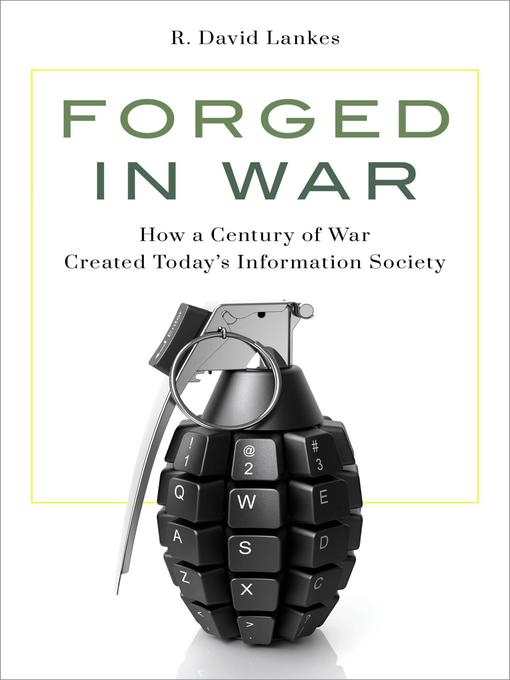"[I]deal for readers seeking a more comprehensive look at information dissemination technology, its context, and its impact on the way in which we now live." Library Journal, Starred Review
Many of what we think of as Information Age tools and media — computers, cell phones, the internet, encryption, and more — evolved directly out of modern warfare. These tools started with World War I (which began not with arms, but with England cutting off underwater cables to Germany and isolating it), accelerated through World War II and the Cold War, and now play a center role in both declared and non-declared conflicts like election interference and cyberbattles.
We buy phones and smart speakers because they are new and unlock great potential. Voice assistants like Siri and Alexa help us do our work and answer that one piece of trivia that bugs us. Yet these devices are data gatherers. They collect, repackage, and monetize our questions, purchases, photographs, web surfing to form a data industry now larger than the oil industry.
Well over 100 years ago the data industry put in place a business model that trades our attention for news and entertainment. That model has evolved into a complex art and science of message targeting and content ownership that has splintered communities while simultaneously concentrating media ownership to a few massive corporations.
Forged in War takes a critical look at the systems we use and how we ended up in a society that values data over personal liberty and commerce over the public good. It tells a compelling and previously story of how our ideas of information and knowledge reflect the century of war that has militarized our worldview.
Author David Lankes's work has been funded by organizations such as The MacArthur Foundation, The Institute for Library and Museum Services, NASA, The U.S. Department of Education, The U.S. Department of Defense, The National Science Foundation, and The U.S. State Department. This, his latest book will help all of us learn how war has shaped our world and how to begin to create an agenda to stand down weaponized data and a media that seeks to own our personal, even intimate data like one owns a gold mine.


